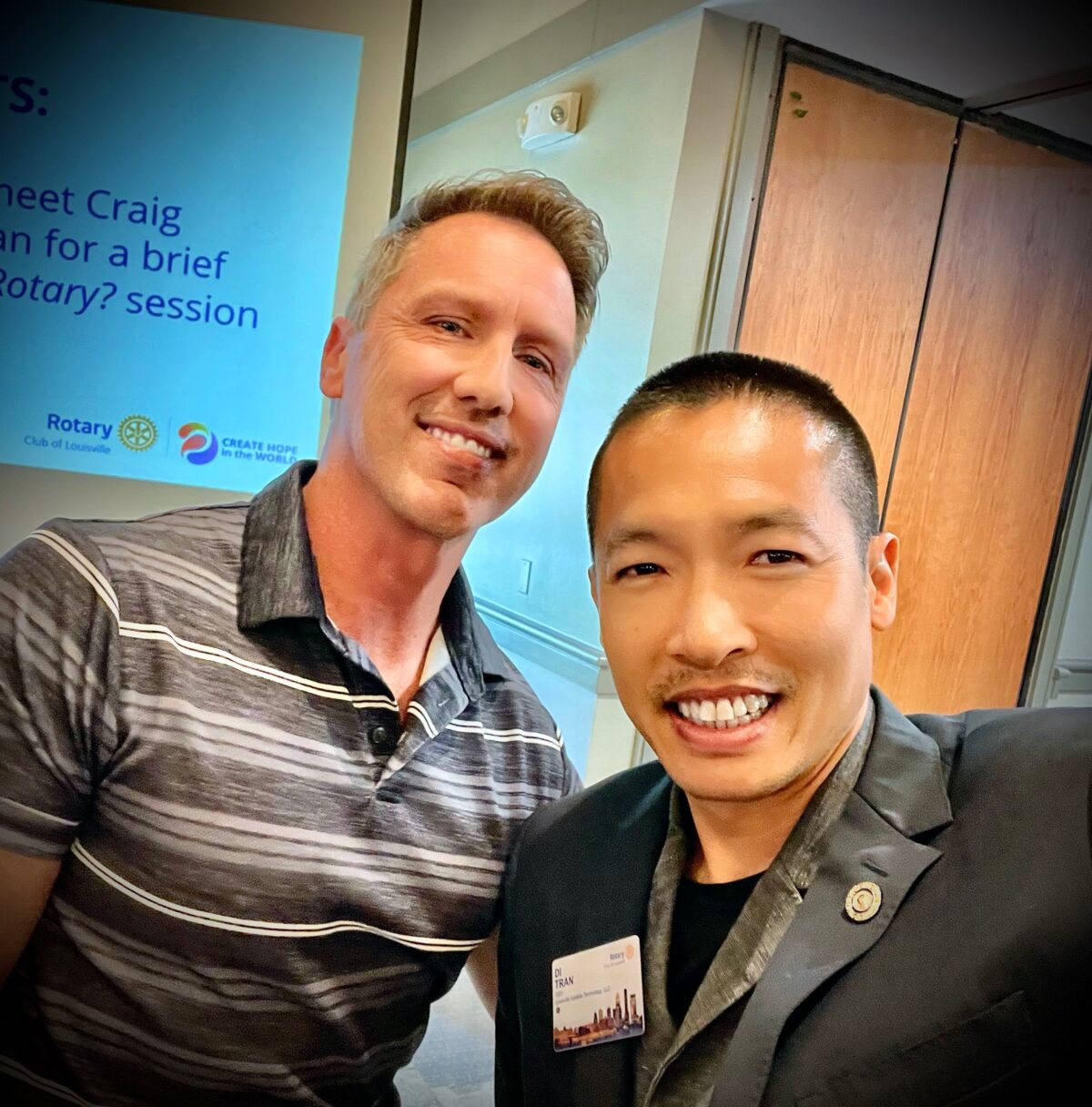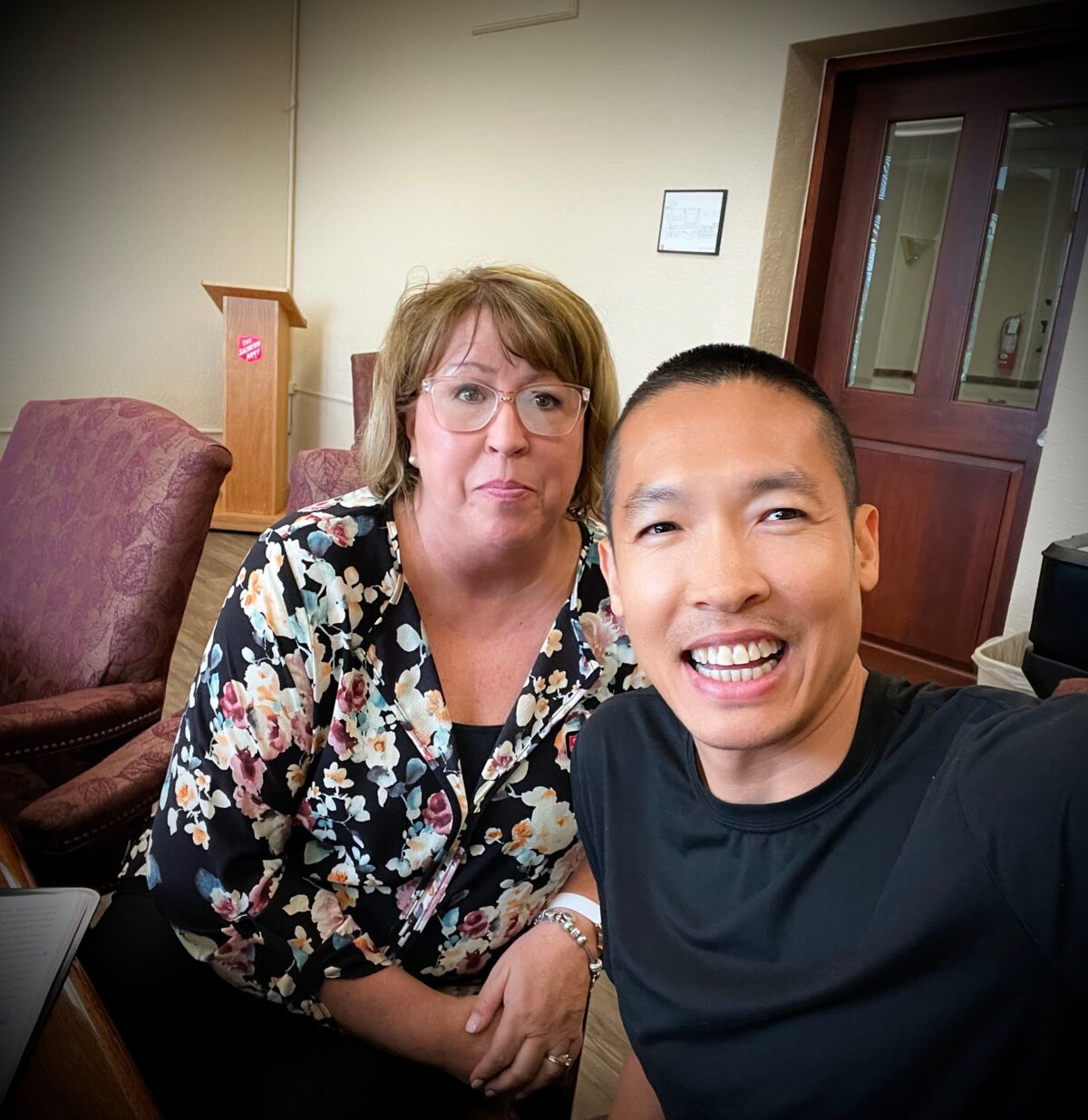Di Trans, a celebrated author recognized for their insightful perspectives on spirituality and personal transformation, is preparing to launch their newest book, “Drop the FEAR and focus on the FAITH.” This highly-anticipated work promises to guide readers in embracing faith over fear, a concept that resonates with the teachings of many renowned spiritual authors.
“Drop the FEAR and focus on the FAITH” aligns harmoniously with Trans’ belief that we are all temples of God, with an innate responsibility to care for ourselves and generate value for life around us. This echoes a key tenet found in the works of Eckhart Tolle, Deepak Chopra, Wayne Dyer, Marianne Williamson, Thich Nhat Hanh, and Rumi, among others. These luminaries emphasize the interconnectedness of all things and the inherent divinity within each individual.

Eckhart Tolle’s “The Power of Now” and “A New Earth” guide readers to live in the present moment and understand the interconnectedness of all beings. Trans’ impending book echoes this sentiment, urging us to relinquish fear, an emotion tethered to past regrets or future anxieties, and instead adopt faith, which resides firmly in the present moment.
Deepak Chopra’s “Quantum Healing” and “The Seven Spiritual Laws of Success” delve into the mind-body connection and harmonizing with the natural laws of the universe. This complements Trans’ message, encouraging us to recognize our bodies as temples of God, requiring care and respect.
Wayne Dyer’s works, especially “You’ll See It When You Believe It,” propound the idea that our perceptions shape our reality. Trans’ new book underscores this concept, focusing on faith rather than fear as a fundamental force that shapes our world.
Marianne Williamson, with her emphasis on universal love and peace in “A Return to Love,” parallels Trans’ beliefs about the interconnectedness of all things. In recognizing this connection, we can see the importance of dropping fear and acting out of love and faith.
Thich Nhat Hanh’s teachings on mindfulness in “Peace is Every Step” resonate with Trans’ understanding of ourselves as part of a larger whole. By shifting our focus from fear to faith, we become more mindful of our actions and their impacts on the world around us.
Rumi, the 13th-century Persian poet, wrote extensively about unity with the divine and the interconnectedness of all life. Trans’ new book echoes this spiritual harmony, encouraging us to embrace faith and discard fear, thereby aligning more closely with the divine energy within and around us.
Di Trans’ “Drop the FEAR and focus on the FAITH” is poised to be a significant addition to the body of work that explores our spiritual essence and interconnectedness. By championing the power of faith over fear, Trans guides us toward a deeper understanding of our divine purpose, echoing the wisdom of many spiritual predecessors. Their forthcoming book will likely continue to inspire us to live in harmony with ourselves, others, and the world around us, truly embodying the expression of God in our daily lives.




















